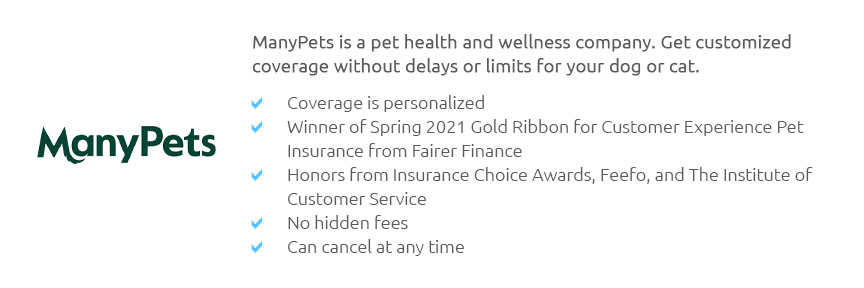 |
 |
 |
 |
 |
 |
|
 |
|
 |
|
 |
|
 |
|
 |
 |
 |
 |
 |
 |
 |
 |
How to Get Dog Health Insurance: An In-Depth GuideIn today's world, where our pets have become cherished family members, ensuring their health and well-being is more important than ever. One of the most effective ways to secure your dog's health is through pet insurance. If you're considering this option, it's crucial to know how to navigate the myriad of choices available. While some may find the idea of pet insurance overwhelming, a little research and understanding can go a long way. This article aims to shed light on the steps involved in acquiring dog health insurance, helping you make an informed decision. Understanding the Basics of Dog Health Insurance Before diving into the specifics, it's essential to grasp what dog health insurance actually entails. Essentially, it functions similarly to human health insurance, covering various medical expenses for your furry friend. However, policies can differ significantly, with some covering only accidents and illnesses, while others might include routine care. As a responsible pet owner, it's your task to identify what coverage best suits your dog's needs. Steps to Acquire Dog Health Insurance 1. Assess Your Dog's Needs: Begin by considering your dog's age, breed, and health history. Certain breeds are predisposed to specific health conditions, which may influence the type of coverage you require. 2. Research Insurance Providers: Not all insurance providers offer the same benefits or coverage limits. Take the time to research various companies, examining customer reviews and ratings, which can provide valuable insights into their reliability and customer service. 3. Compare Plans: Once you've narrowed down potential providers, compare their plans. Pay attention to what each policy covers, deductibles, premiums, and any co-pays. Look for exclusions, as some policies might not cover pre-existing conditions or certain treatments. 4. Budget Considerations: While it's tempting to opt for the cheapest plan, ensure it offers comprehensive coverage. Weigh the monthly premium against potential out-of-pocket costs in the event of an emergency. 5. Consult Your Veterinarian: Vets can offer invaluable advice regarding insurance plans. They might recommend specific providers based on their experiences with other clients, helping you make an informed choice. Additional Tips
Conclusion Securing health insurance for your dog is a proactive step towards ensuring their well-being and your peace of mind. By thoroughly researching and comparing plans, you can find a policy that offers the protection your pet deserves. Remember, the key lies in understanding your pet's needs and matching them with the right coverage. With the right insurance, you'll be prepared for whatever life throws your way. Frequently Asked QuestionsWhat does dog health insurance typically cover? Dog health insurance generally covers accidents, illnesses, and sometimes routine care like vaccinations and check-ups, depending on the plan. Are pre-existing conditions covered? Most insurance plans do not cover pre-existing conditions, so it's crucial to insure your pet before any issues arise. How can I reduce the cost of dog health insurance? Consider higher deductibles, take advantage of multi-pet discounts, or opt for a plan that fits your budget while covering essential needs. What should I do if my claim is denied? If a claim is denied, review the policy details and speak with your insurance provider to understand the reason. You may also consider disputing the decision if you believe it was unjustified. Is dog health insurance worth it? While opinions vary, many pet owners find peace of mind in knowing they're financially prepared for unexpected health issues, making insurance a worthwhile investment. https://www.usnews.com/insurance/pet-insurance/what-is-pet-insurance
Claims Process - After your pet is treated by a licensed veterinarian, pay the bill and get an itemized receipt. - Submit a claim form usually ... https://www.nerdwallet.com/p/best/insurance/pet-insurance-companies
The best pet insurance companies at a glance. ASPCA: Best for broad coverage. Embrace ...
|